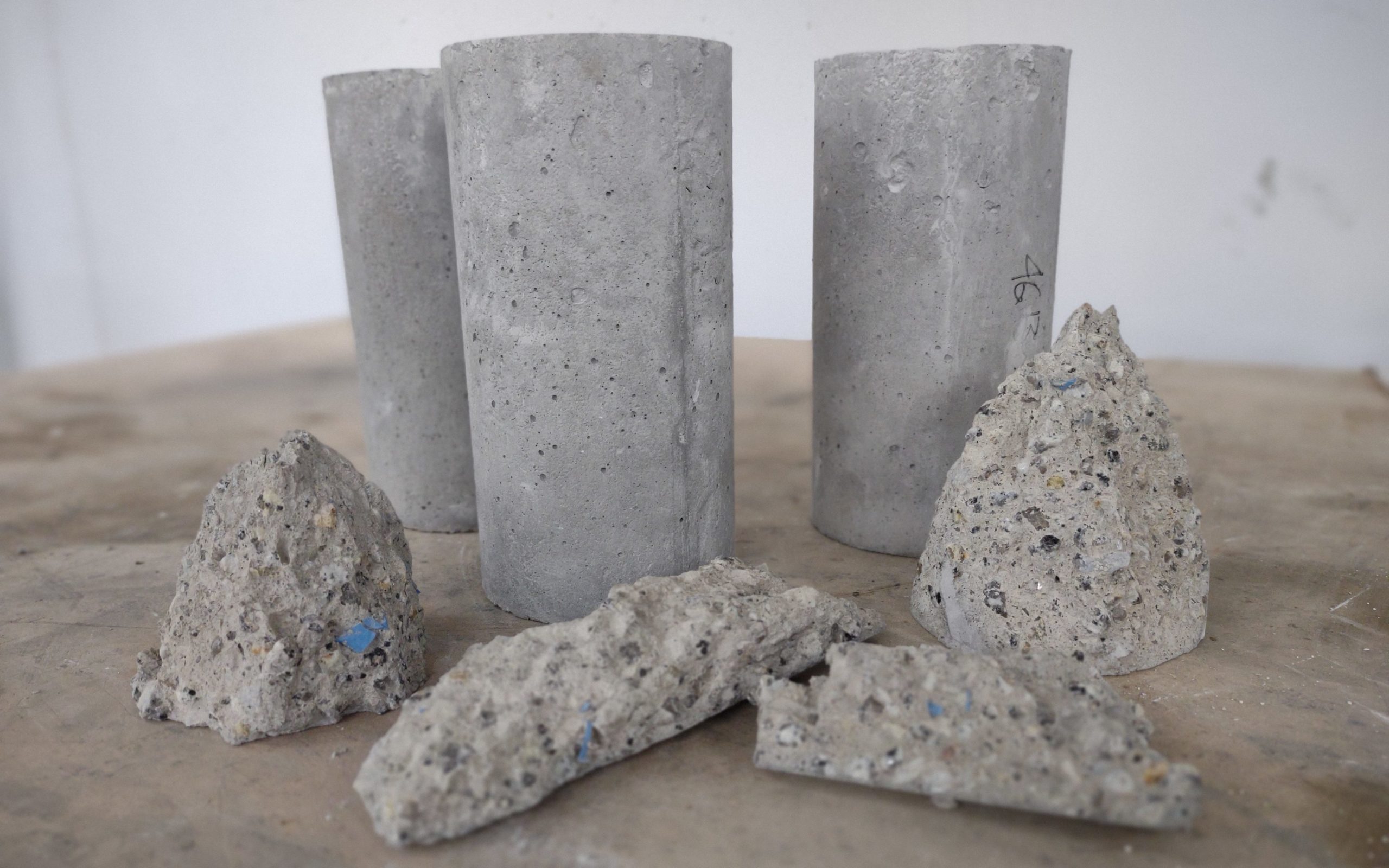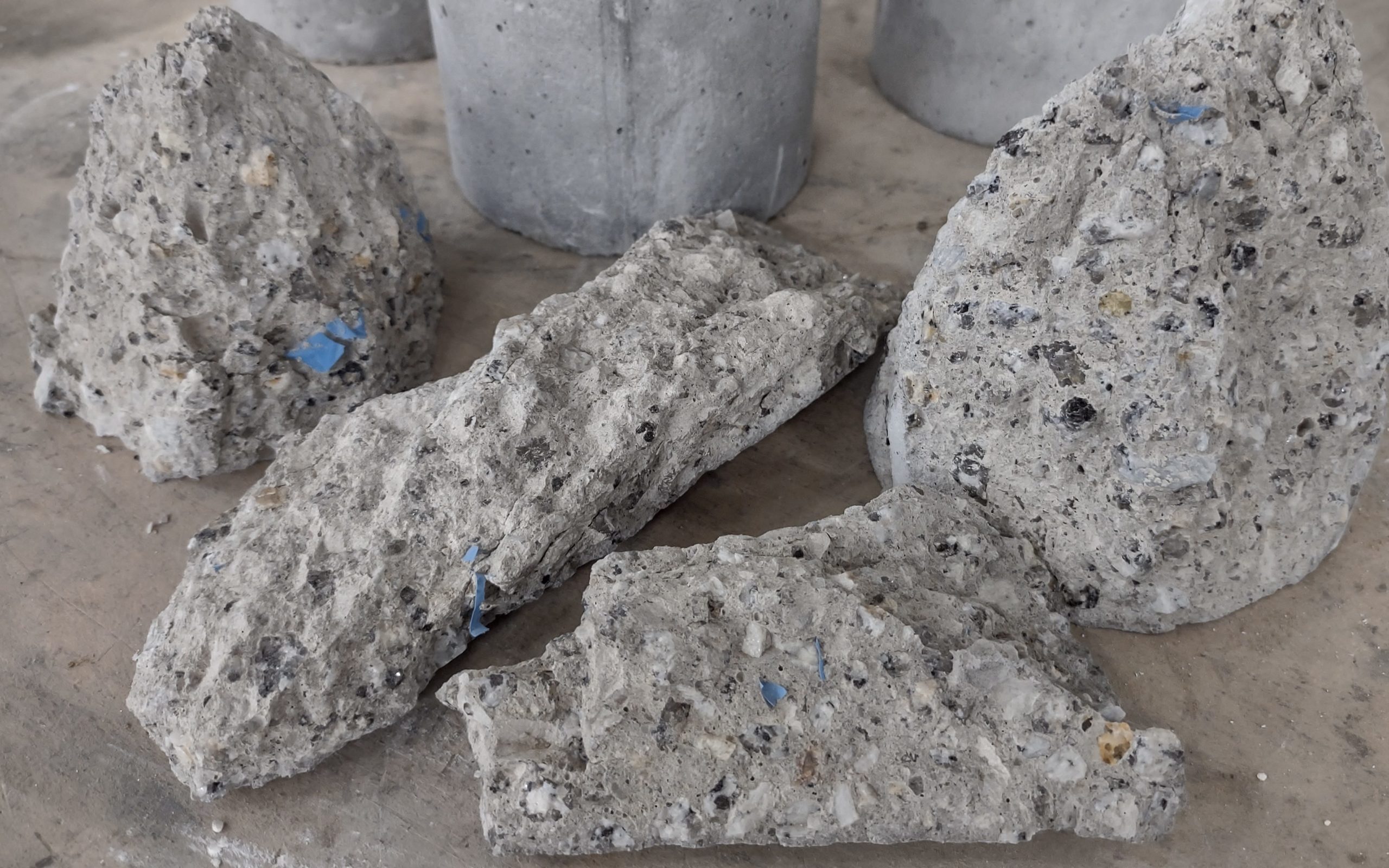Australian engineers find way to reuse pandemic-generated waste as tonnes of PPE congests world’s landfills and oceans

One of the many devastating effects of the COVID-19 pandemic has been its impact on the environment, with discarded disposable personal protective equipment (PPE) becoming a major pollution problem.
In May this year, Australian Geographic columnist John Pickrell wrote about the staggering amount of waste being generated by the pandemic, with studies detailing upwards of eight million tonnes of plastic waste ending up in the world’s natural environments.
Now, a team of engineers from RMIT University has found a way to reuse PPE, saving it from adding to the mountains of landfill, or becoming terrestrial litter and ocean pollution.
The solution is to recycle the PPE into concrete.
The method, published in journals Case Studies in Construction Materials, Science of the Total Environment and Journal of Cleaner Production, uses three key types of PPE – isolation gowns, face masks, and rubber gloves.

The studies also found shredded PPE could increase the strength of concrete by up to 22 per cent, as well as improve resistance to cracking, demonstrating the potential for PPE to be used as reinforcement material in structural concrete.
In three separate feasibility studies, disposable face masks, rubber gloves and isolation gowns were first shredded then incorporated into concrete at various volumes, between 0.1% and 0.25%.
The research found:
· rubber gloves increased compressive strength by up to 22%
· isolation gowns increased resistance to bending stress by up to 21%, compressive strength by 15% and elasticity by 12%
· face masks increased compressive strength by up to 17%

Corresponding author and research team leader Professor Jie Li says the research brings a circular economy approach to the challenge of dealing with pandemic-related healthcare waste.
“With a circular economy approach, we could keep that waste out of landfill while squeezing the full value out of these materials to create better products – it’s a win on all fronts.”
First author, PhD researcher Shannon Kilmartin-Lynch, adds “we urgently need smart solutions for the ever-growing pile of COVID-19 generated waste – this challenge will remain even after the pandemic is over.”
Joint lead author, Dr Rajeev Roychand, says there is real potential for construction industries around the world to play a significant role in transforming this waste into a valuable resource.
“While our research is in the early stages, these promising initial findings are an important step towards the development of effective recycling systems to keep disposable PPE waste out of landfill.”


